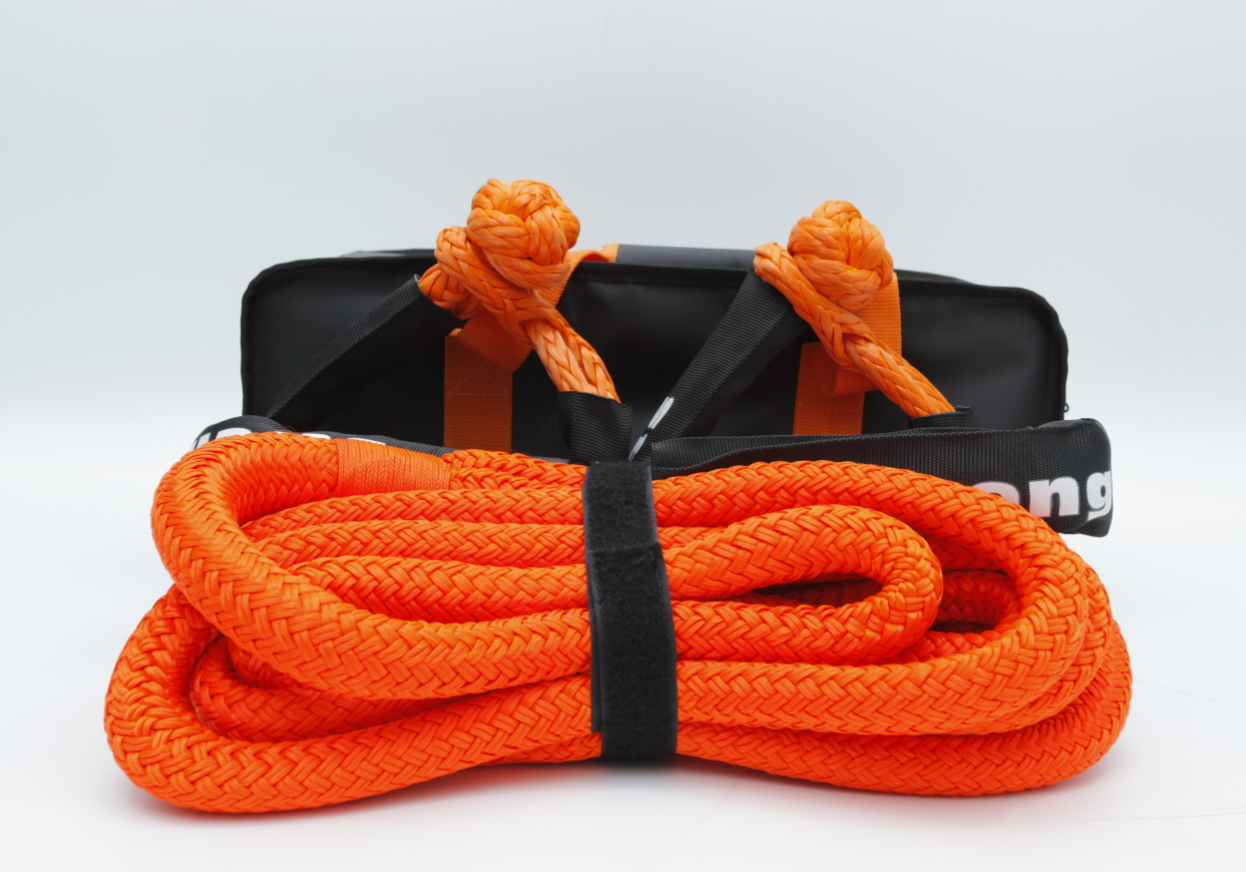
Double Braided Nylon Rope
Nylon Rope

8-Strand Nylon Rope
Nylon Rope

3-Strand Nylon Rope
Nylon Rope

12-Strand Nylon Rope
Nylon Rope
High-Quality Nylon Rope for Diverse Applications
Nylon rope stands out for its exceptional wear resistance, corrosion resistance, and high strength, making it ideal for a wide range of industries. From agriculture to aviation, marine to heavy-duty engineering, nylon rope finds extensive use in various fields. It’s the go-to choice for tasks in animal husbandry, fishery, tourism, and outdoor activities, offering reliability and durability. Our premium nylon ropes, crafted from top-grade synthetic fibers, ensure longevity and dependability, meeting the demands of demanding environments.

How Strong is Nylon Rope
The strength of nylon rope is typically measured by its breaking strength, indicating the maximum load it can bear before failure. This crucial value is commonly expressed in Newtons (N), kilonewtons (kN), or pounds of force (lbs).
To facilitate comparison and selection, referring to a nylon rope strength chart proves invaluable. These charts detail various diameters of nylon ropes alongside their corresponding breaking strengths. For instance, a standard 10 mm nylon rope typically boasts a breaking strength ranging from 2,000 to 3,500 kilonewtons (kN), equivalent to approximately 4,500 to 7,870 pounds of force. However, these values may fluctuate based on factors like manufacturing variations, braiding techniques, and core composition.
Safety remains paramount when using nylon ropes. Hence, it’s imperative to consider the safety factor, ensuring actual usage remains well below the rope’s maximum breaking strength. Variables such as friction, UV exposure, and chemical corrosion can impact a rope’s performance over time.
When assessing the suitability of a nylon rope for specific applications, understanding its breaking strength alongside environmental influences is crucial. Prioritize consultation with manufacturers for detailed specifications and recommended usage scenarios. Additionally, referencing a nylon rope strength chart enhances informed decision-making.
Nylon vs Polypropylene Rope
Nylon ropes have excellent strength and stretch properties and are often used where shock absorption is required, such as mooring lines or climbing ropes. Its ability to withstand intense pressure and return to its original length is unparalleled. Additionally, nylon’s resistance to UV damage, chemicals, and abrasion makes it a durable choice for outdoor and marine applications.
In contrast, polypropylene rope, while lighter and cheaper, lacks the tensile strength and elasticity of nylon. It floats in the water and is suitable for certain marine activities, but is more susceptible to UV damage and wear and tear. Polypropylene rope is often selected for temporary applications where buoyancy and cost-effectiveness are prioritized over durability and high strength.
In summary, the choice between nylon and polypropylene rope depends on the specific requirements of the task at hand. Premium nylon ropes are strong and resilient, making it ideal for demanding applications where high strength and durability are critical. Polypropylene rope, on the other hand, offers a cost-effective solution for less stringent temporary needs, especially where flotation capabilities are advantageous.

thispower
Let's start working together now!
Years of professional OEM experience to meet customised needs. Fill in the enquiry form to cooperate with us and enjoy high quality service.
